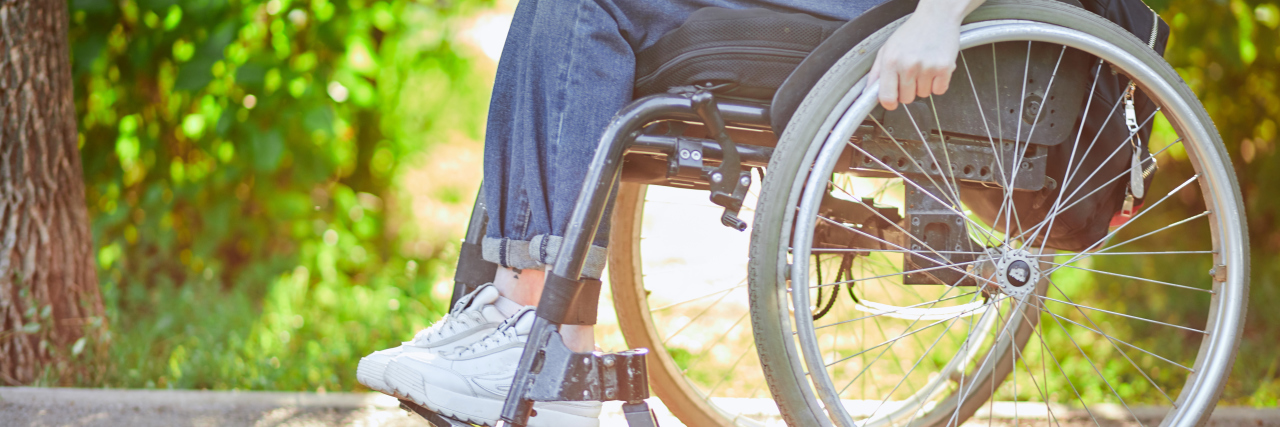In my time as a disability advocate, professional, or whatever else you’d like to call me, my ears have gotten very used to the term “most vulnerable population.” My ears have gotten used to it. My mind has not.
Anyone who knows me might describe me as stubborn, resilient, opinionated, intelligent or tough, but never vulnerable. In fact, I would assert that for me, being vulnerable outside my family’s home is an act of courage. If someone has ever seen me in a state of vulnerability, it is because I trust that person more than most. So imagine my confusion when a policy is made, or a discussion is being had where someone refers to my population as the “most vulnerable.”
Before you read on, I’d like to explain that I understand there are definitions set in place to back this terminology. However, definitions used in one area, be it medical, political or other, have social implications in all areas. When a politician uses the phrase “most vulnerable” in a bill or speech, for example, I consider how those words trickle down and impact how others see me.
Why is my community considered the most vulnerable? This is not a rhetorical question; there are tangible answers. Some of us have higher medical needs than others, and that makes it more difficult to experience the world as someone else might. Without the proper medication or supplies, our lives may actually be at risk. Some of us may not be as educated as those without disabilities, which impacts information intake and job prospects. Some of us are unemployed, under-employed or struggle to keep work. In fact, we are more than twice as likely to experience unemployment than people without disabilities. This negatively impacts access to good health insurance and housing, which impacts access to medication and supplies that keep us healthy. In other words, people with disabilities are vulnerable because there is still a systemic cycle of vulnerability.
Take a moment to picture Jim: a middle-aged, middle class, man with a great job and beautiful family. He goes to the gym every other day before work. His wife is a professional who helps pay the bills. His mom is retired and watches the kids during the day. He is the picture of stability. In the spring, his mother passes away. A year later, he loses his wife in a car accident. He has to cut his hours back at work, so he can be home when his kids get off the bus. The family moves into a more affordable house. He gets laid off due to budget cuts, and with his job, his family loses his medical benefits the house.
All of a sudden Jim, the picture of stability, is vulnerable. When any person loses their support systems, housing, employment and/or healthcare, they become vulnerable. Success requires these pillars. So when someone with a disability cannot access equal education or employment and is forced to rely on complex public systems for healthcare, they become vulnerable. When their friend circle is limited because they are unemployed and cannot afford to go out and meet new people, they become vulnerable. When housing authorities discriminate against their service animals or don’t have accessible accommodations, they become vulnerable. Put it all together and yes, we can be considered the most vulnerable population. However, this vulnerability is due to the way society treats us, not our disabilities.
People with disabilities are stubborn, resilient, opinionated, intelligent and fighters. When you hear someone refer to us as the “most vulnerable population,” don’t tip your head to the side in pity. Get angry at the systematic issues that enable that vulnerability. And if you are referring to us as being the “most vulnerable,” I ask you to reflect on if or how you’re contributing to the reality of that phrase.
Getty image by photographer.

